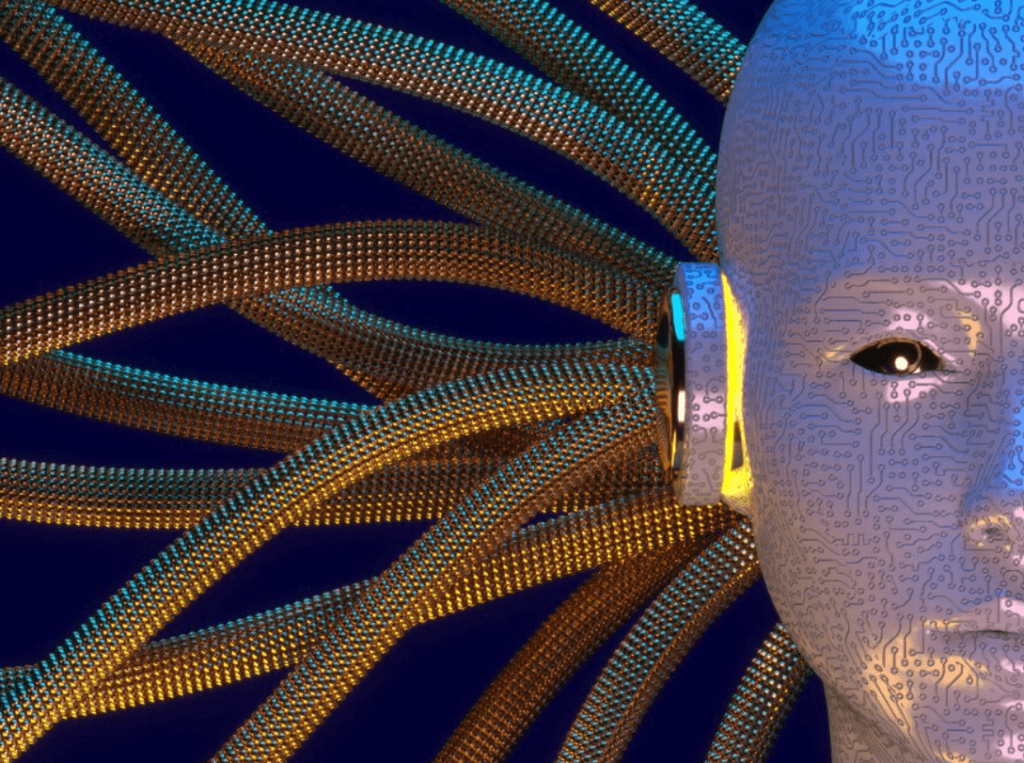In 2024, quantum computing witnessed notable advancements, yet it remains largely experimental, with practical applications anticipated to be a decade away. Forrester’s report, “The State Of Quantum Computing, 2024,” highlights improvements in qubit count, coherence time, and gate fidelity. However, challenges such as high error rates and scalability persist, hindering the realization of broad-scale applications.
A significant milestone was achieved by Google with its Willow quantum processor. Willow performed a benchmark computation in under five minutes—a task that would take today’s fastest supercomputers 10 septillion years. Despite this, the technology has not yet demonstrated practical quantum advantage, where quantum systems outperform classical computers in solving real-world problems.
Annealing quantum computing, as employed by D-Wave Systems, has shown promise in addressing complex optimization problems. For instance, D-Wave’s technology optimized mobile network resources for NTT Docomo in 40 seconds, a task that previously required 27 hours using classical methods. Nonetheless, gate-based quantum computing platforms are projected to remain experimental for the next 10 to 15 years.
Investment in quantum computing has seen a decline, with funding peaking in 2021 and decreasing sharply thereafter, partly due to the rising interest in generative AI. This trend suggests a cautious approach from investors, reflecting the technology’s current experimental status and the challenges that lie ahead.
In summary, while 2024 marked significant progress in quantum computing, the field remains in an experimental phase. Overcoming existing technical and scalability challenges is essential before quantum computing can achieve practical, real-world applications.




